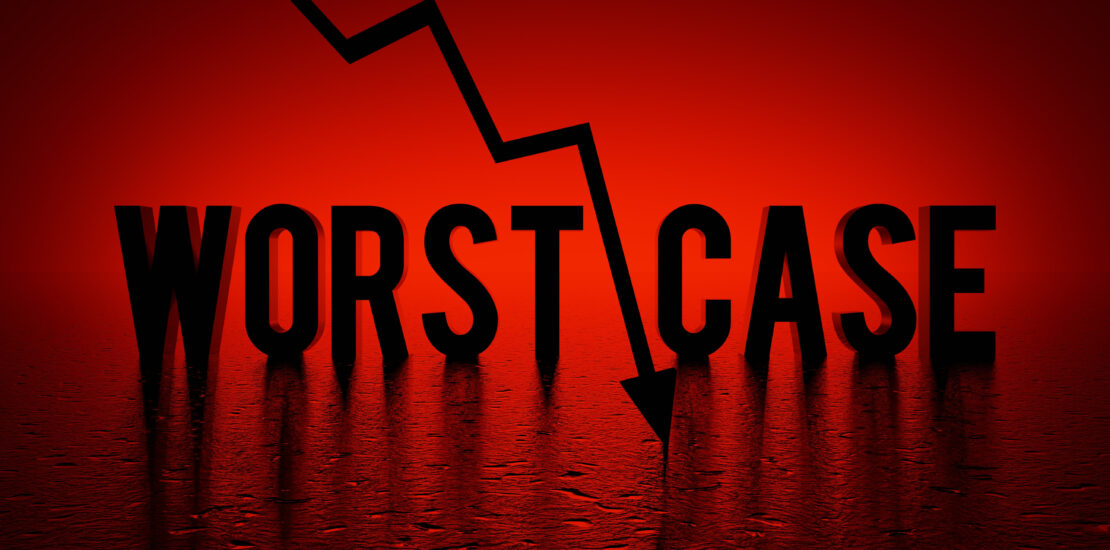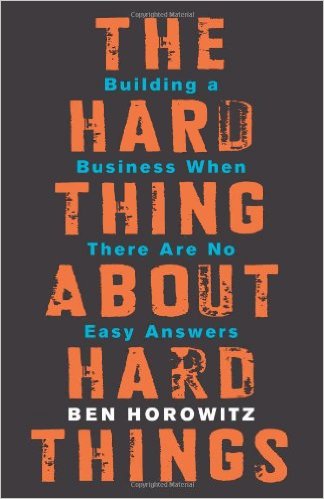-
This is What Would Happen if Bob Got Promoted to Sales Manager
- February 7, 2023
- Posted by: Dave Kurlan
- Category: Understanding the Sales Force

For those of you who are familiar with my series of articles about Bob – the worst salesperson ever – you can catch up by enjoying, laughing, and making fun of him here. 12 of the articles that show up on that page are about Bob!
-
The Conversation Sales Leaders Must Have with Salespeople
- July 15, 2015
- Posted by: Dave Kurlan
- Category: Understanding the Sales Force

Mark was right. It turned out that we did not have a deal, as the vice president’s peer in networking was blocking it. We eventually got a meeting with him and won the deal. More important, Mark set the tone: Sloppiness would not be tolerated.
-
College Basketball vs. the Pros & Sales Management & Selling
- March 3, 2014
- Posted by: Dave Kurlan
- Category: Understanding the Sales Force
If you live in fear and follow the path laid out by NBA head coaches, and just try to make everyone happy, you get the wrong outcome. Additionally, you show that you are not a good leader, you are not a good coach, you are not a good sales manager, and you are not a good role model. You are, in essence, a babysitter with all of the power of the 13-year old who can watch and entertain, but cannot make a decision.
-
Sales Execution – What Should You Pay Attention to?
- January 22, 2014
- Posted by: Dave Kurlan
- Category: Understanding the Sales Force
Larry Bossidy and Ram Charan even wrote a best-selling business book titled, Execution. Yet in sales, we rarely hear anything as simple or basic. We’re far more likely to hear about competition, politics, relationships, price, marketing, or the product itself before we hear anyone utter execution as the reason for not winning an account or a deal. Why is that?
-
10 Attributes of the CEO Who Drives Sales and More
- August 25, 2010
- Posted by: Dave Kurlan
- Category: Understanding the Sales Force
My second conversation was with an effective CEO who is completely unlike those that I described in the other article. My good CEO has the following 10 qualities that have a positive impact on the sales force:
-
Lance Armstrong’s Metrics Applied to the Sales Force Equals Results
- December 4, 2009
- Posted by: Dave Kurlan
- Category: Understanding the Sales Force
Recently, I completed Lance Armstrong’s 2001 book on how he became a champion cyclist, was diagnosed with Cancer, beat the cancer, and then returned to become the greatest cyclist in the world. It was an inspiring, fast-reading book. While this won’t come as a surprise to my cyclist friends, I was quite surprised to learn how metric-intensive competitive cycling is.
While training for races, Lance uses a heavy and expensive power meter that measures output (wattage). For the big race, he uses a smaller and lighter top of the line cycling computer to track speed, heart rate, incline, cadence, altitude gain, and power output. He simply adjusts his cycling until the numbers are where they were when he was training at peak performance and he figures the rest will take care of itself. Wow.
Sales is exactly the same. You train hard and once the metrics have been established, you simply continue to meet those numbers and the rest will take care of itself. Simple.
There are only a few problems with this:
-
What Happens When You Develop Sales Competencies?
- April 10, 2009
- Posted by: Dave Kurlan
- Category: Understanding the Sales Force
Earlier this week I wrote an article for my Baseline Selling Tips Newsletter. It was about What Sleep Apnea and Sales Improvement Have in Common. If you don’t get my Newsletter, you’ll need to read that article in order for the rest of this post to make sense.
-
10 Steps for your Sales Force to Survive and Thrive in The Recession
- January 5, 2009
- Posted by: Dave Kurlan
- Category: Understanding the Sales Force
Bernie is the President of a company that had experienced flat sales for the three strong economic years leading up to the recession. He had been looking for a VP of sales for two years but hadn’t found the right candidate or failed to pull the trigger.
He attended an event where he heard me speak and asked me to contact him. He asked for my advice and I recommended that if he was serious about finding the ideal VP, then he should:
-
Getting Excited About Sales Metrics
- October 16, 2008
- Posted by: Dave Kurlan
- Category: Understanding the Sales Force
As we encourage our clients to do each day, both of my companies have daily huddles for their salespeople. The purpose of the daily huddle is to keep everyone focused on the measurable activities that drive results.
During the last couple of weeks, I’ve had our six-year old son in the car for about 6 of these conference calls and it only took one huddle to get him hooked. He wants to report his numbers – and he has them ready – each time he’s with me. It makes him proud to participate and he wants to report numbers that are better than theirs.
-
Sales – What the Data Tells Us – The Series
- August 14, 2008
- Posted by: Dave Kurlan
- Category: Understanding the Sales Force
This article series is called Sales – What the Data Tells Us. While some of the articles simply report the research and/or data, others share either my insights about the data or provide data to support my insights. Here are the articles:

